New Delhi : In an effort to boost global liquidity amid the COVID-19 pandemic, the Board of Governors of the International Monetary Fund has approved a new general allocation of Special Drawing Rights (SDR) equivalent to 650 billion US dollars — the largest allocation in the IMF’s history.
“This is a historic decision – the largest SDR allocation in the history of the IMF and a shot in the arm for the global economy at a time of unprecedented crisis,” said IMF Managing Director Kristalina Georgieva.
“The SDR allocation will benefit all members, address the long-term global need for reserves, build confidence, and foster the resilience and stability of the global economy.
It will particularly help our most vulnerable countries struggling to cope with the impact of the COVID-19 crisis,” she said, announcing the decision on Monday.
The general allocation of SDRs will become effective on August 23, 2021.
The newly created SDRs will be credited to IMF member countries in proportion to their existing quotas in the Fund.
About USD275 billion (about SDR 193 billion) of the new allocation will go to emerging markets and developing countries, including low-income countries.
The approval came weeks after the IMF executive board approved the proposal. Final approval of the SDR allocation by the Board of Governors requires an 85-per cent majority of the total voting power of all IMF members.
The SDR can be exchanged among governments for freely usable currencies in times of need.
The US dollar, the euro, the Japanese yen, the British pound and the Chinese Renminbi make the SDR basket of currencies.
Georgieva said the IMF will continue to engage actively with its membership to identify “viable” options for voluntary channeling of SDRs from wealthier to poorer and more vulnerable member countries to support their pandemic recovery and achieve resilient and sustainable growth.
One key option is for members that have strong external positions to voluntarily channel part of their SDRs to scale up lending for low-income countries through the IMF’s Poverty Reduction and Growth Trust (PRGT), the statement said.
Concessional support through the PRGT is currently interest free.
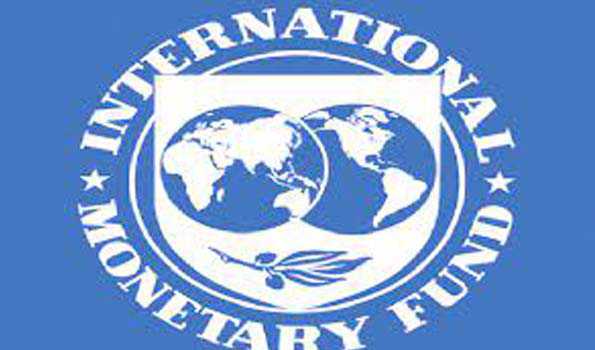


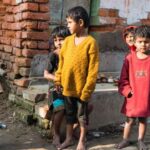



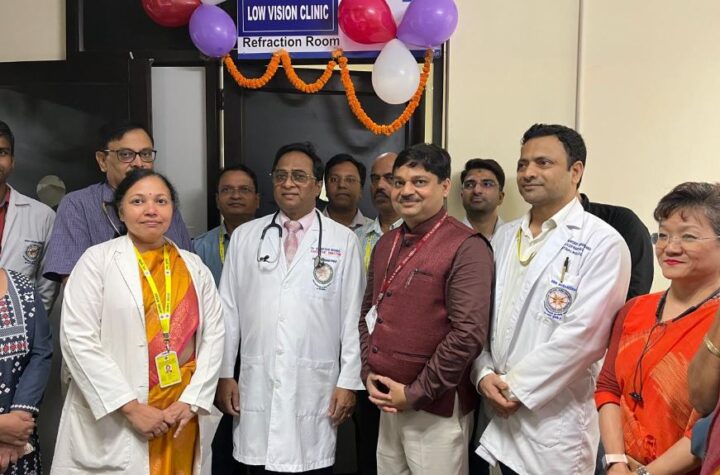

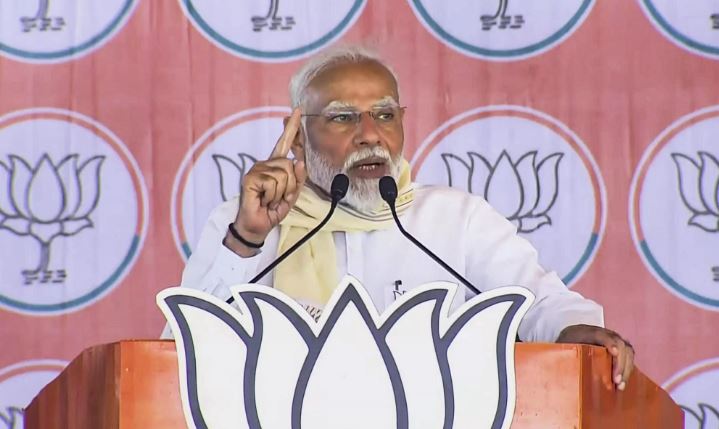
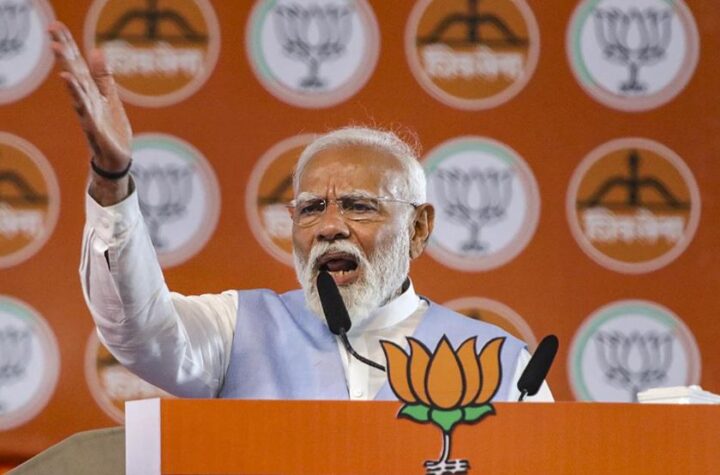
More Stories
Low vision clinic inaugurated at AIIMS Bhubaneswar
Urban education programme comes in handy for Odisha’s tribal, dalit kids
Now country ‘aatank’ struggling for ‘aata’: PM